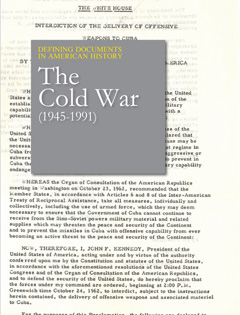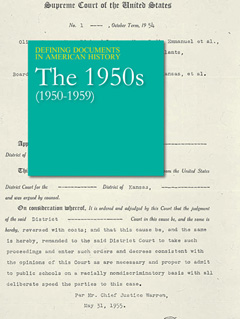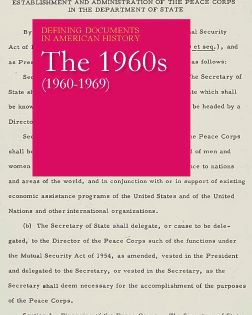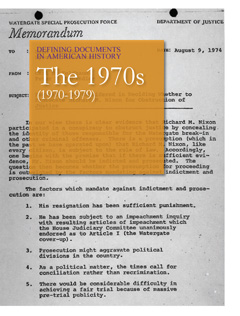 The Cold War, 1945-1991
The Cold War, 1945-1991Contains over 19,000 biographies of significant, influential, or notorious figures from American history written by prominent scholars. The American National Biography (ANB) is the successor to The Dictionary of American Biography (DAB).
Search books on EBSCO Discovery
Cold War
United States -- Foreign relations -- 1945-1953
United States -- Politics and government -- 1945-1989
World politics -- 1945-1989
Covers the history and culture of the United States and Canada from prehistory to the present with indexing for 1,700 journals from as far back as 1910
Contains citations and abstracts for articles from 2,300+ academic journals back to 1955 for world history (excluding US and Canada) from 1450 to present
Offers full text of 300+ journals providing current news and information pertaining to all branches of the military and government.
Large collection of full-text scholarly articles and books supporting research in the humanities and social sciences.
Academic Search Complete is a comprehensive scholarly, multi-disciplinary full-text database, with more than 5,500 full-text periodicals, including more than 4,600 peer-reviewed journals. In addition to full text, this database offers indexing and abstracts for more than 9,500 journals and nearly 10,000 publications including monographs, reports, conference proceedings, etc. This scholarly collection offers unmatched full text coverage of information in many areas of academic study including: animal science, anthropology, area studies, astronomy, biology, chemistry, civil engineering, electrical engineering, ethnic & multicultural studies, food science & technology, general science, geography, geology, law, materials science, mathematics, mechanical engineering, music, pharmaceutical sciences, physics, psychology, religion & theology, veterinary science, women's studies, zoology, and many other fields. Academic Search Complete offers critical information from many sources unique to this massive collection. The database features PDF content going back as far as 1887, with the majority of full text titles in native (searchable) PDF format. Searchable cited references are provided for 1,000 journals.
Journal articles are very specific.
Use more than one article database.
Need an article that isn't full text? Access the request form below.
Remember, scholarship is international.
You may come across some great articles in which the titles (and thus the articles) are not in English.
So, when you can, it is a good idea to limit your searches to articles in English.
 Defining Documents in American History: The Cold War
Defining Documents in American History: The Cold War Defining Documents in American History: The 1950s (1950-1959)
Defining Documents in American History: The 1950s (1950-1959) Defining Documents in American History: The 1960s (1960-1969)
Defining Documents in American History: The 1960s (1960-1969) Defining Documents in American History: The 1970s (1970-1979)
Defining Documents in American History: The 1970s (1970-1979) American Presidency Project
American Presidency Project Foreign Relations of the United States
Foreign Relations of the United StatesSearch books on EBSCO Discovery
Coverage dates: 1851-current
Provides indexing to over 500 magazines from 1890 to 1982 to support cultural and historical studies.
Search books on EBSCO Discovery
Cold War
United States -- Foreign relations -- 1945-1953
United States -- Politics and government -- 1945-1989
World politics -- 1945-1989
Simply, add "primary source" to your search using the Note field.
Visit the locate primary sources page for a refresher.
Listed below and on the tab to the right are events and/or ideas from the Cold War Era.
These can be used as keywords when beginning your research or to help you decide which events you would like to focus on.